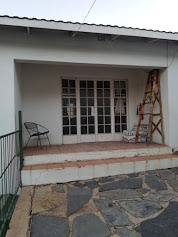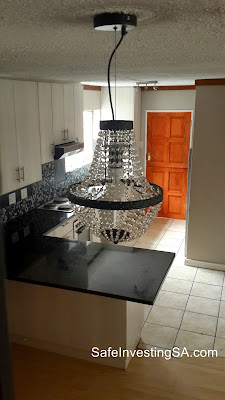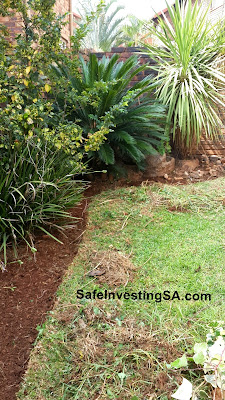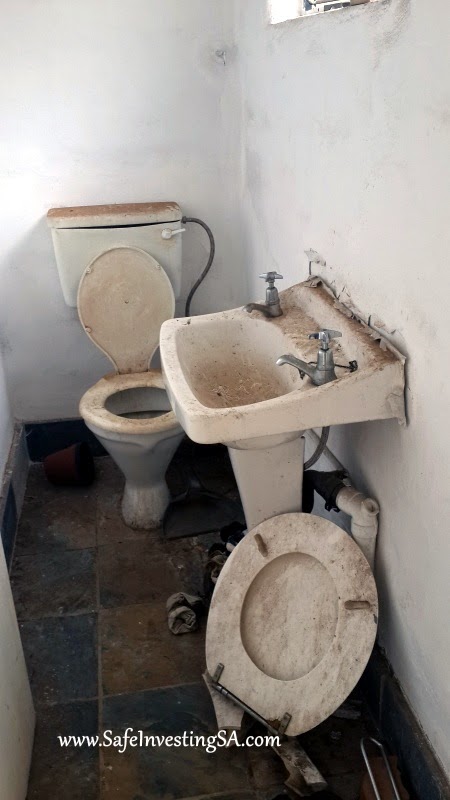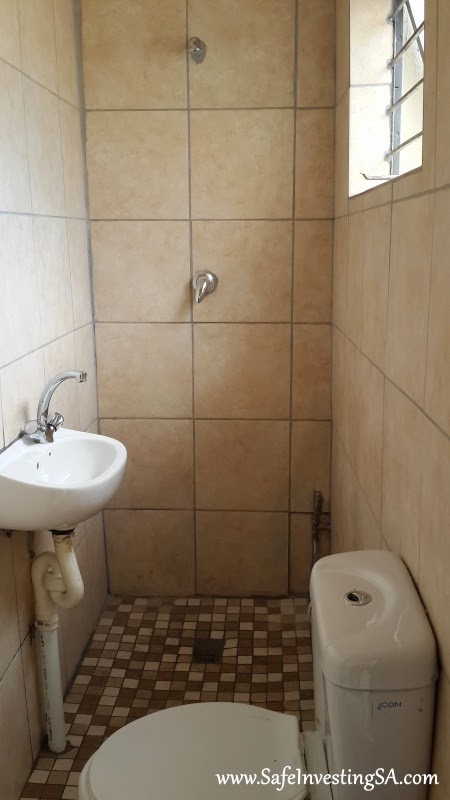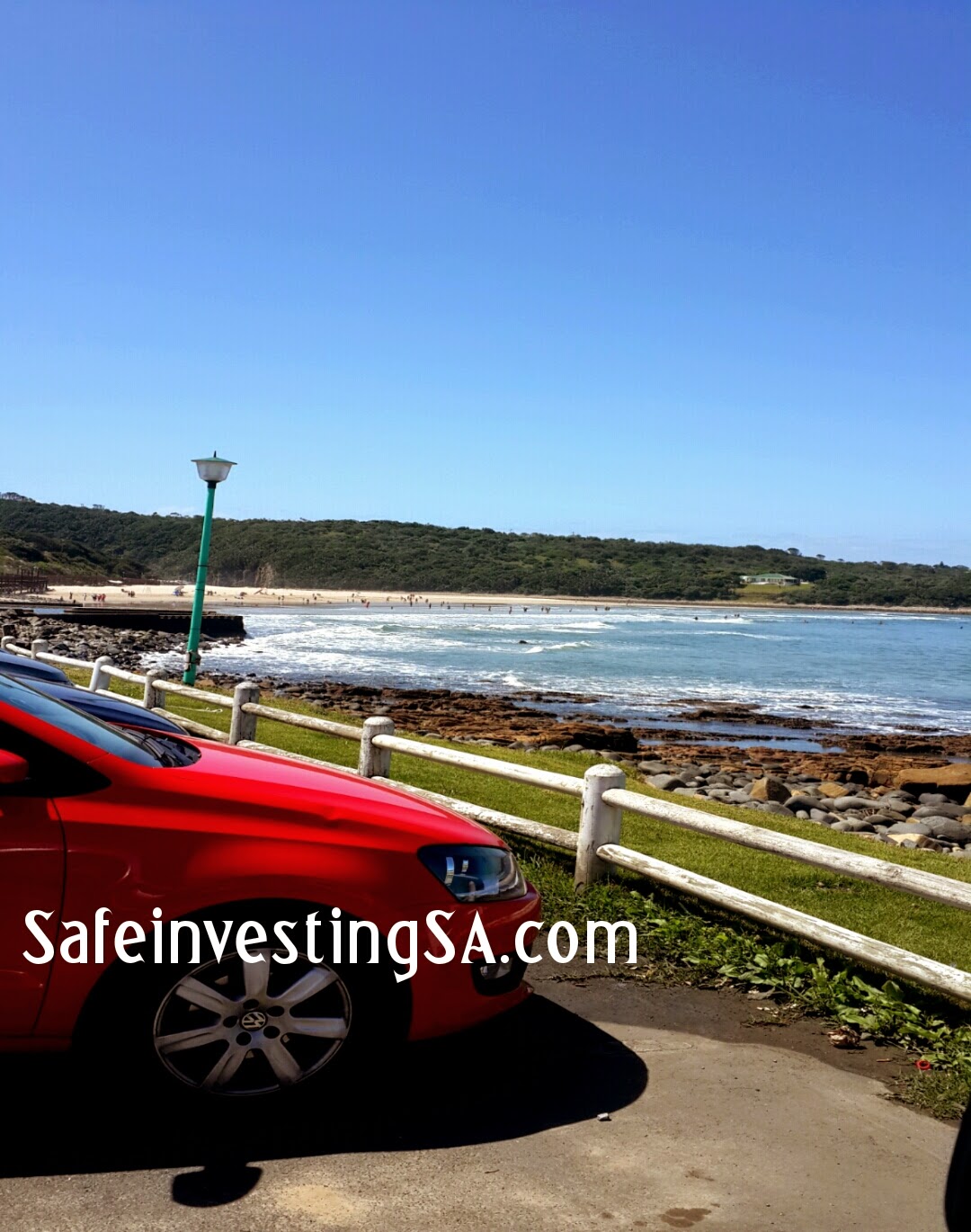Another interesting weekend chat with a blog reader and Facebook follower, Ms B about property investing for beginners. This reader has an impressive kind of discipline. I like having chats with young investors.
I get a lot of questions related to property investing for beginners. I hope that unpacking the reader's situation will empower more readers. I posed a few questions to Ms B to get more clarity on her current financial situation.
Hi Mbini,
I have been following your blog and Facebook posts about real estate on your timeline and on Facebook groups. I was hoping you could advise. I just sold one of my properties expecting a return of R80,000. The property was financed by the bank.
I do have another property, which I bought for cash for R650,000. I also have some cash loan and credit card debt which amounts to R90,000.
I drive an old small car with 260,000 km mileage. The car needs to be replaced but I'm not sure of the route I should take when buying a car. I know I will have to settle my debt first.
Is there a way that my paid up property can assist in acquiring more real estate investments?
Thank you.
Ms B
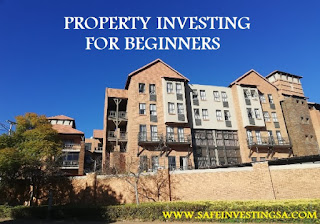 |
| property investing for beginners |
Mbini: Do you plan to acquire more investment property or different kinds of investments?
Ms B: Yes, I want to invest in more property. I will be settling R60,000 of the debt by the end of next month. You may also advise otherwise.
I'm very worried about Ms B's R90,000 personal loan and credit card debt. This is very expensive debt. I would prefer the property debt to credit card debt. The interest rate one is charged by banks on the credit card debt and personal loan is quite high. It is advisable to pay up the debt as Ms B already plans to.
Coming to the paid up property. If this paid up property worth R650,000 is a rental unit, I would have preferred to owe on it instead. Property debt is a much cheaper debt. Interest rates on property are much more competitive than on the credit card.
The other important factor to consider is the debt's tax efficiency. Interest on the homeloan attracts the tax deduction. This is one of the biggest benefits of investment property. The main aim is to minimize tax liability. To keep the overall taxation low, an investment property with some debt on it is more desirable.
Finally, if I were in Ms B's shoes, I would work on accessing money from my existing property and settle my personal loan and credit card debt, if at all possible. Accessing cash from a property can be done by refinancing the paid up property. The cash would then be used settle the debt and towards investing in the second investment property. It is very important to make sure that the interest rate one is charged on the new homeloan is competitive. Even better, one must make sure that the new mortgage is an access bond facility, to ensure that cash is easily accessible in future.
Ms B: Let me think about it, do more research and get back to you with more questions. I like your thinking, thank you. My challenge is always trying to play it safe.
Mbini: I can see that. Playing safe in investing does not always work. All the best.
We will be posting more on property investing for beginners in future, especially given the current poor economic climate.
Feel free to email your questions through our contact page. I trust that you have started with the savings challenge. We have four steps and groups. 1. Debt pay-up, 2. Emergency Fund, 3. Other Savings Accounts, and 4. Investments. Please do keep moving. Start slow but do not stop. For daily motivation like us on Facebook, Twitter and/ or Instagram.

